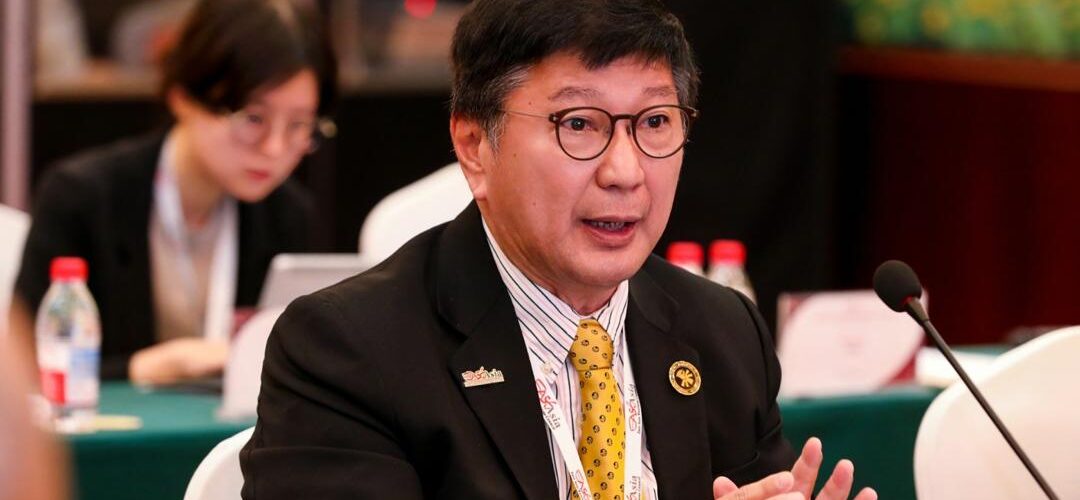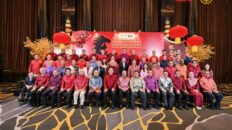The Federation of Malaysian Manufacturers (FMM) has voiced strong concern over the United States’ proposal to impose a 100% tariff on imported semiconductor chips, with exemptions limited only to companies that already manufacture – or plan to manufacture – within the US.
This sudden move has raised alarm among semiconductor companies operating in Malaysia, particularly those with US affiliations that rely on Malaysia as a key global hub for backend semiconductor assembly, packaging, and testing.
Malaysia currently contributes an estimated 13% of the world’s backend semiconductor output, making the country a critical player in the global chip supply chain. Until now, semiconductors were exempt from earlier US tariff policies. The shift has therefore created immediate uncertainty.
FMM states how they appreciate the recent assurance from the Minister of Investment, Trade and Industry that some US-based firms in Malaysia may qualify for exemptions. However, clear and timely guidance is essential to sustain investor confidence and prevent disruption to global supply chains.
Strengthening US-Malaysia Engagement and Export Readiness
FMM is actively working to support members in navigating the changing US trade landscape. Recently, the Federation partnered with the US Embassy to host a briefing session with the Export-Import Bank of the United States, which helped inform Malaysian businesses of available financing tools and incentives for establishing or expanding operations in the US.
Additionally, FMM continues to engage with US counterparts to explore strategic partnerships, improve market access, and bolster supply chain resilience between both nations.
Policy Support Needed to Future-Proof Malaysia’s Semiconductor Industry
To strengthen Malaysia’s global competitiveness, FMM is calling for immediate policy action. Specifically, the Federation urges the government to:
1. Accelerate the implementation of the National Semiconductor Strategy, with a focus on:
- Integrated circuit (IC) design
- Advanced packaging
- Wafer fabrication
- R&D and talent development
2. Support local companies aiming to expand into foreign markets through:
- Advisory and regulatory facilitation
- Bilateral government engagement to ease entry barriers
- Access to affordable financing to mitigate investment risks
FMM emphasized that expanding internationally is complex and capital-intensive. Businesses need consistent support to avoid unnecessary relocation of core operations.
Protecting Malaysia’s Competitive Edge
FMM insists that the right policy response will allow manufacturers to retain and grow high-value activities in Malaysia, while expanding operations abroad only when strategic. Without support, companies may be forced to shift operations – risking job losses and value chain disruptions.
The Federation reaffirmed its commitment to work closely with both government stakeholders and international partners. Its goal: to keep Malaysia a trusted and competitive global semiconductor hub.









